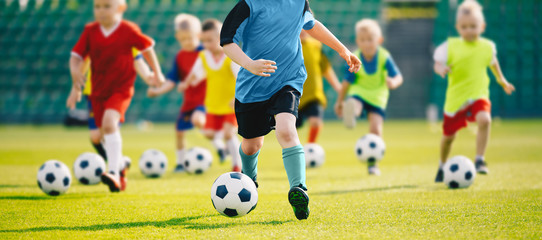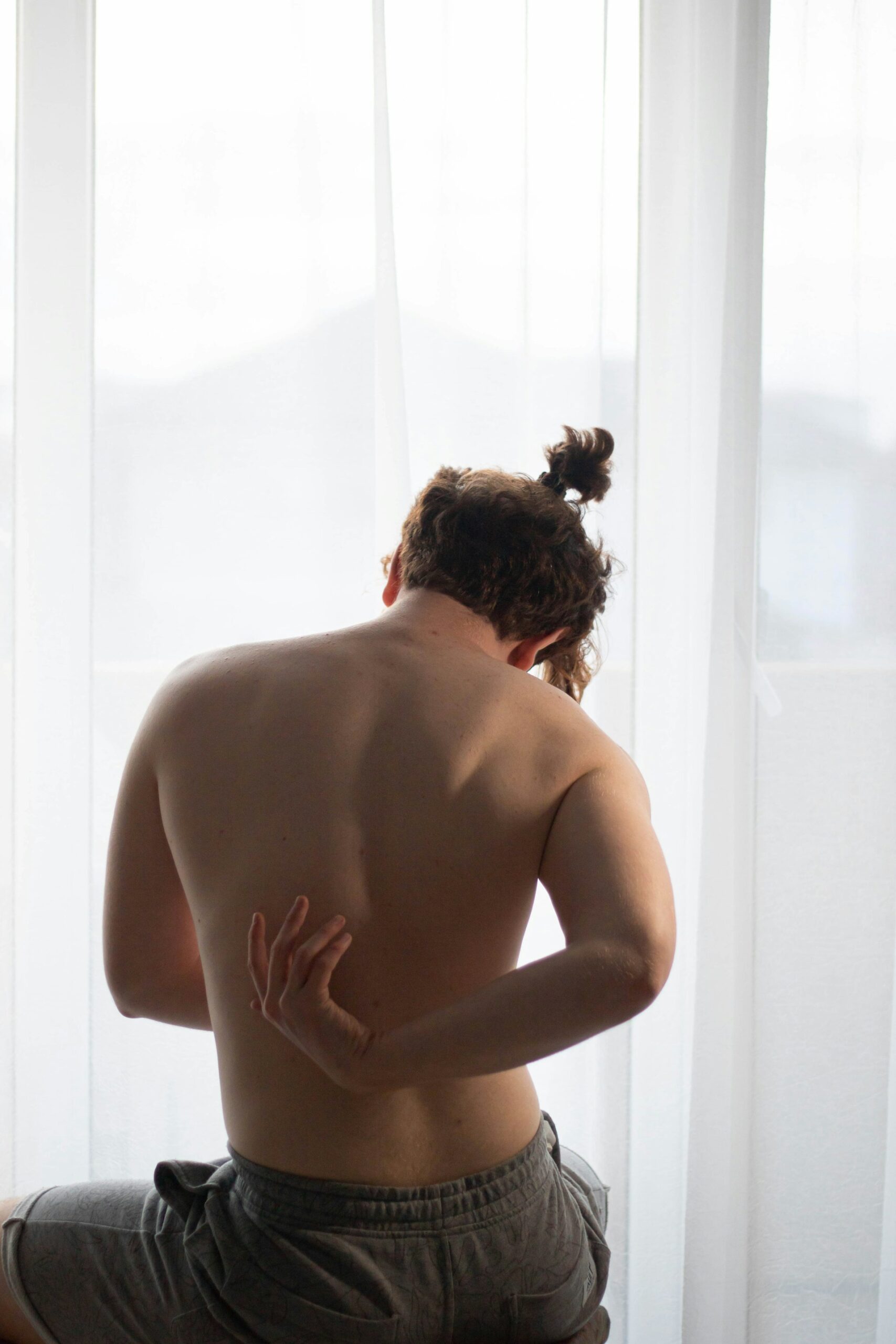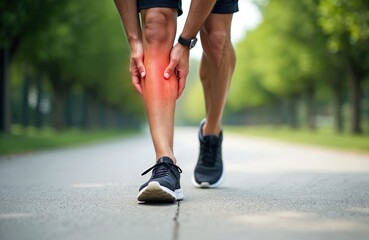
Helping Young Athletes Stay Safe and Strong
Kids are naturally active and sports are a huge part of their lives. Whether they’re playing soccer, swimming, or dancing, physical activity is great for their health, confidence, and social skills. But young athletes are also at risk of injuries. In particular, as kids’ bodies are still growing, growth plates (areas of developing cartilage at the ends of bones) are susceptible to damage. Overuse injuries are also common in young athletes who play the same sport year-round. Physiotherapy isn’t just for adults – it’s a valuable tool to help kids recover from injuries, improve their performance, and prevent future problems.
Common Injuries in Young Athletes
Here are some of the most common injuries we see in kids:
- Growth Plate Injuries
Growth plates are weaker than the surrounding bones, making them prone to fractures or stress injuries. These often occur in the knees, ankles, or wrists. - Overuse Injuries
Repetitive movements, such as throwing a ball or running long distances, can lead to conditions like tendonitis, stress fractures, or Osgood-Schlatter disease (a painful knee condition). - Sprains and Strains
Ligament sprains (like ankle sprains) and muscle strains are common in sports that involve sudden changes in direction or impact. - Concussions
Contact sports like rugby or football can put kids at risk of head injuries. Physiotherapists can help with recovery and safe return-to-play protocols. - Postural Issues
Carrying heavy school bags or spending too much time on screens can lead to poor posture, which may cause back or neck pain.
How Physiotherapy Helps Young Athletes
- Injury Prevention
A physio can assess a child’s movement patterns, strength, and flexibility to identify areas of weakness or imbalance. They’ll then create a personalised plan to reduce the risk of injuries, such as strengthening exercises or proper warm-up routines. - Rehabilitation After Injury
If an injury does occur, physiotherapy can help kids recover safely and effectively. Treatment might include exercises to restore strength and mobility, manual therapy to reduce pain, and advice on how to avoid re-injury. - Improving Performance
Physiotherapists can help young athletes improve their strength, coordination, and endurance. - Education and Awareness
Kids (and their parents) can learn about the importance of rest, proper technique, and cross-training to avoid overuse injuries. - Managing Growth-Related Pain
Conditions like growing pains can be managed with stretching, strengthening, and activity modification.
Tips for Parents: Keeping Young Athletes Safe
As a parent, you play a big role in helping your child stay healthy and injury-free. Here are some tips:
- Encourage Variety
Kids who play multiple sports are less likely to develop overuse injuries. Encourage them to try different activities to build a well-rounded set of skills. - Prioritise Rest
Make sure your child has at least one or two rest days per week and takes breaks between seasons. Rest is essential for recovery and growth. - Focus on Proper Technique
Poor form can lead to injuries. Work with coaches or a physiotherapist to ensure your child is using the correct techniques for their sport. - Don’t Ignore Pain
If your child complains of pain, don’t brush it off as “just growing pains.” Persistent pain could be a sign of an injury that needs attention. - Promote Strength and Flexibility
Incorporate strength training and stretching into your child’s routine to build resilience and prevent injuries.
When to See a Physiotherapist
If your child is experiencing pain, stiffness, or difficulty moving, it’s a good idea to see a physiotherapist. Early intervention can prevent minor issues from becoming major problems. A physio can also help if your child:
- Has been injured and needs help recovering.
- Wants to improve their performance in a sport.
- Has poor posture or balance.
- Is experiencing growth-related pain.
Let’s Keep Kids Moving Safely
If your child is recovering from an injury, looking to improve their performance, or just needs advice on staying healthy, we are here to help.
Don’t hesitate to reach out to Pivotal Motion Physiotherapy. Our team will be able to discuss with you in more depth on how we can help you. Book online or call us on 3352 5116.







